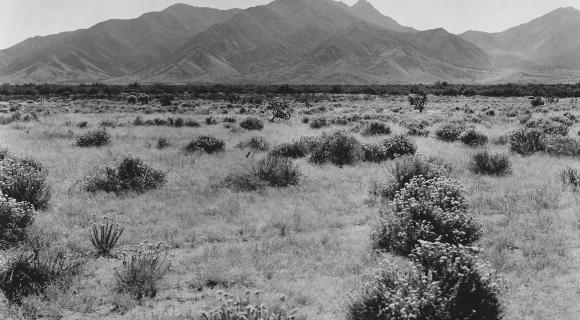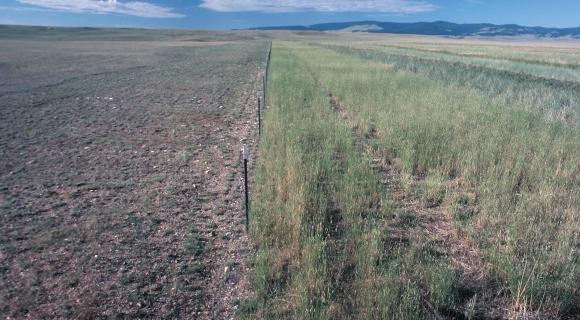- Body
The scientific exploration of the use and management of rangelands began in the early 1900s. Rangeland ecology and management is an applied science that was developed in direct response to the negative impacts of overgrazing on natural ecosystems and to enhance the economic viability of ranching as a livelihood. Ranching has unavoidable impacts that must be managed to prevent impacts that exceed the capacity of natural systems to recover and society’s tolerance for use and alteration of public lands. One hundred years of rangeland science has provided many of the tools needed to manage undesirable impacts while maintaining production. At the same time, we still have much to learn. Today three approaches are commonly used for the management of public lands to limit the negative impacts, expand our knowledge of how these systems function, and balance different uses and management goals: adaptive management, co-production of science, and collaborative conservation.
Videos
What is Range Management
Overview of the challenges and opportunities related to rangeland management.
Plant Response to Grazing
Additional Links
- Impacts of Grazing, U.S. Fish & Wildlife Service

